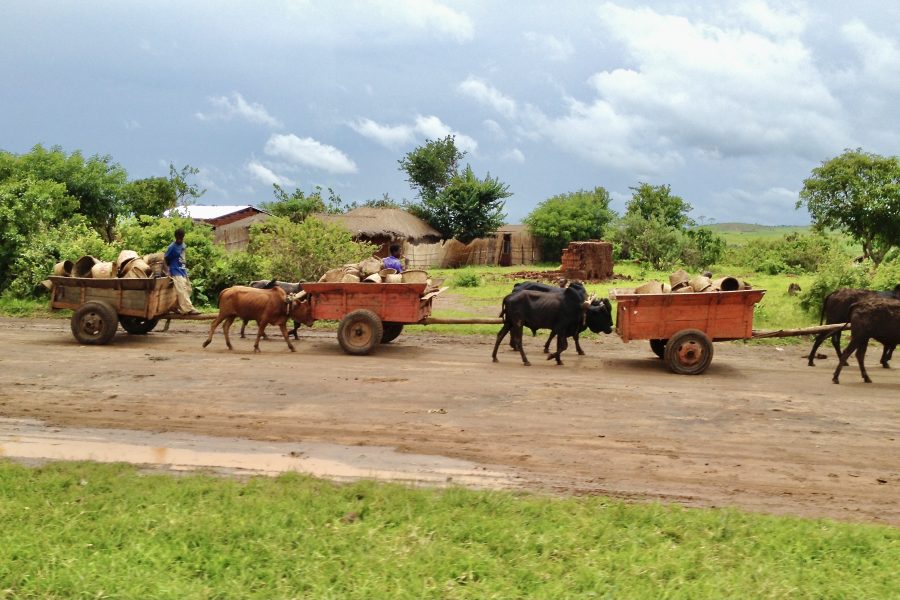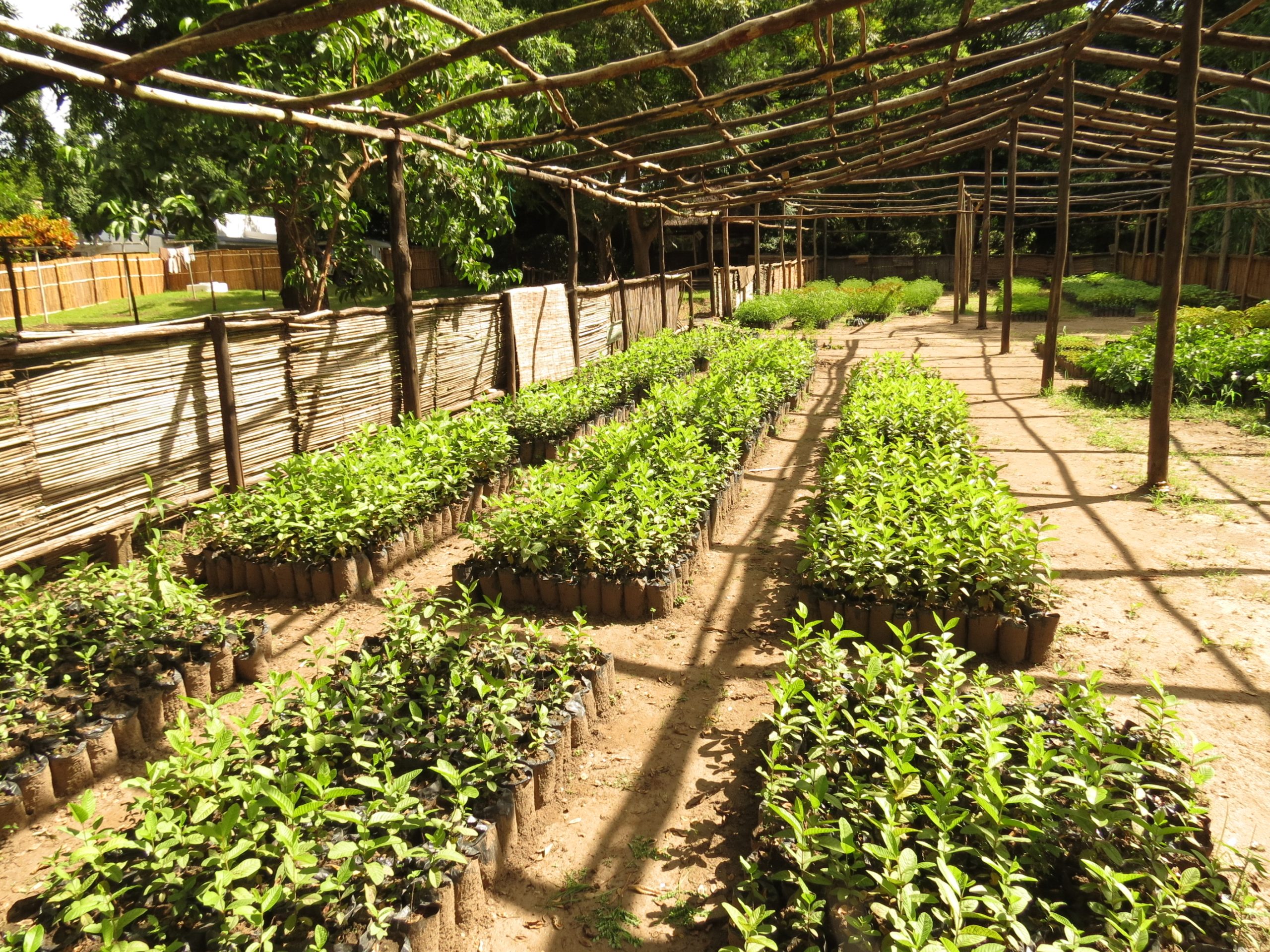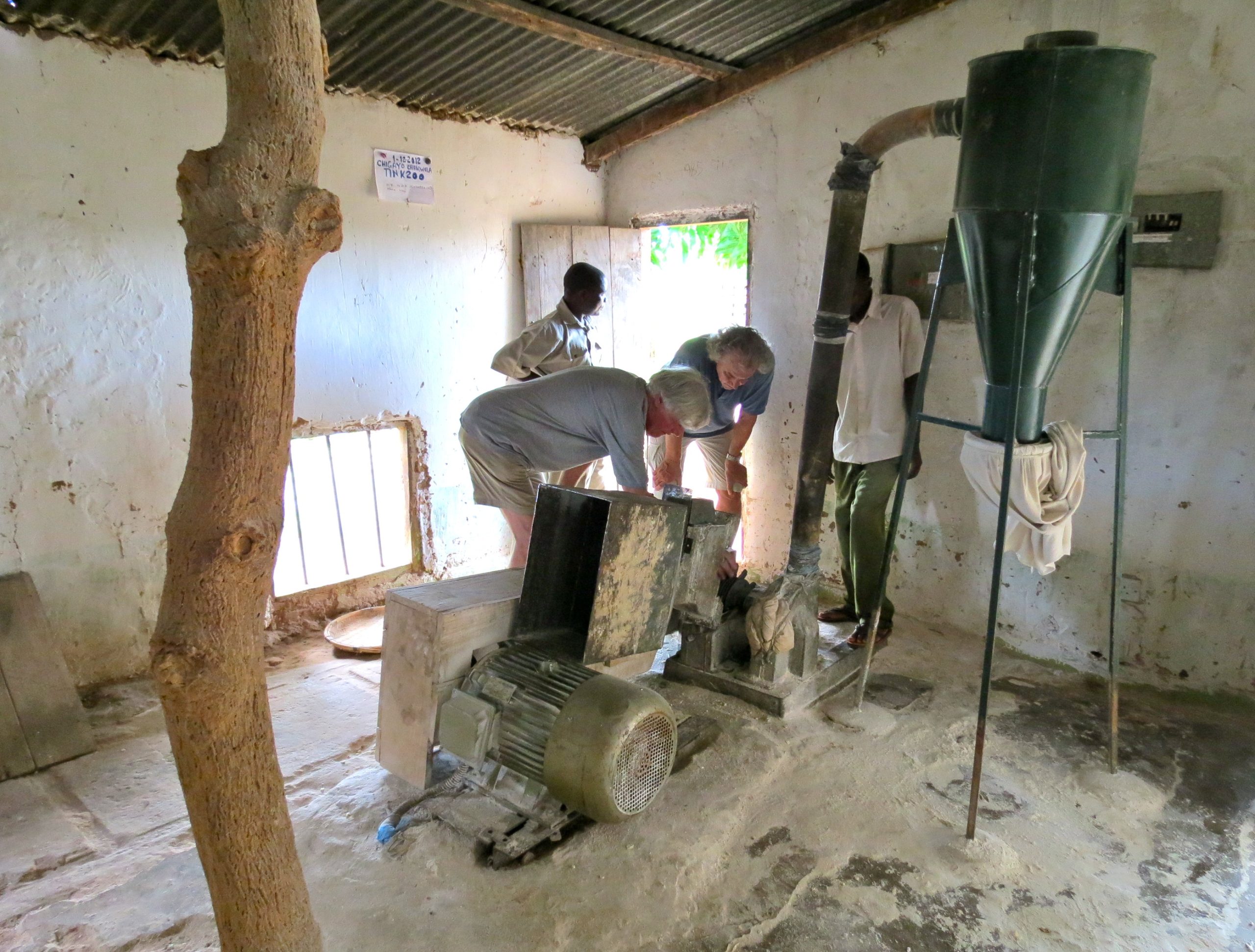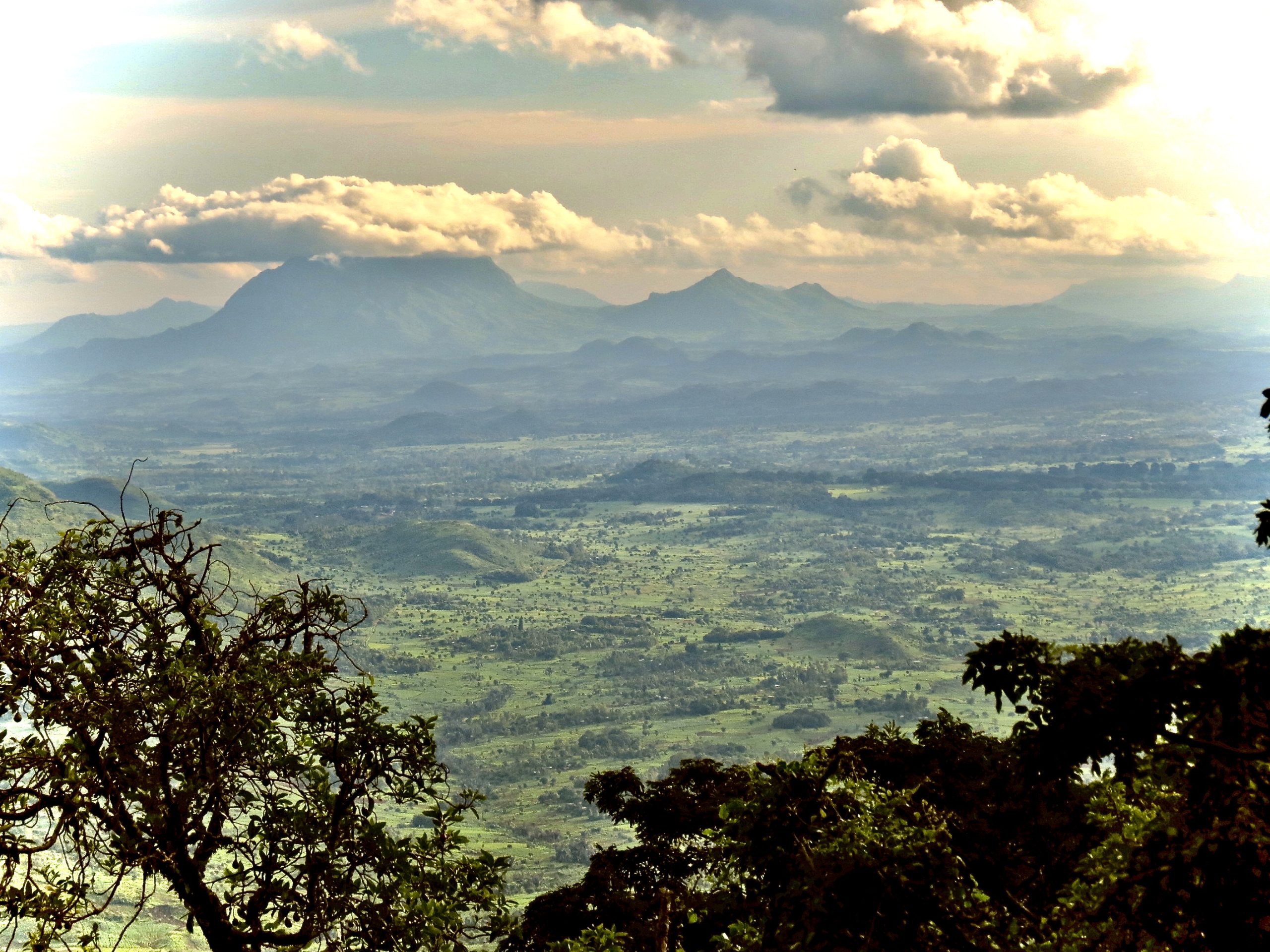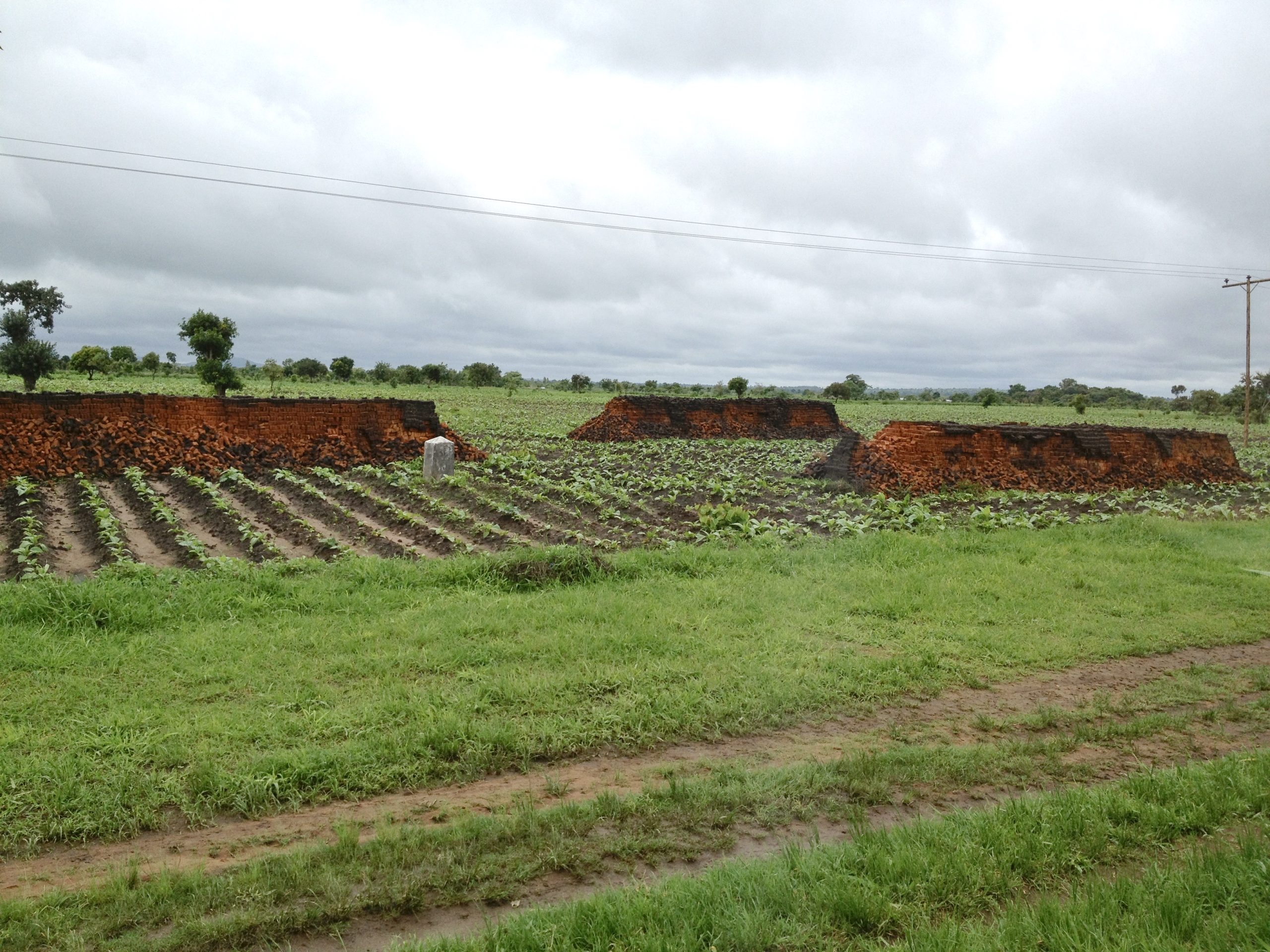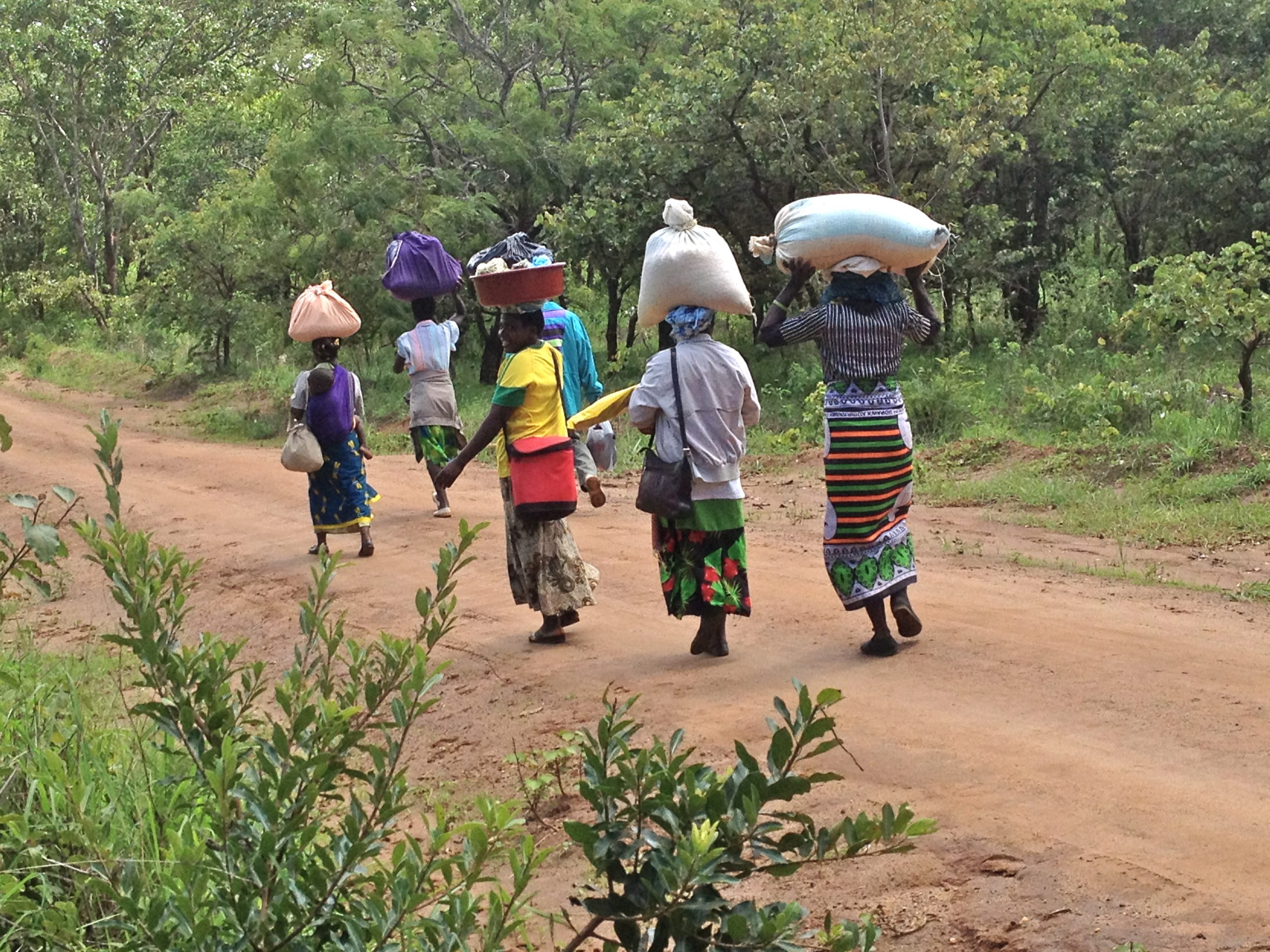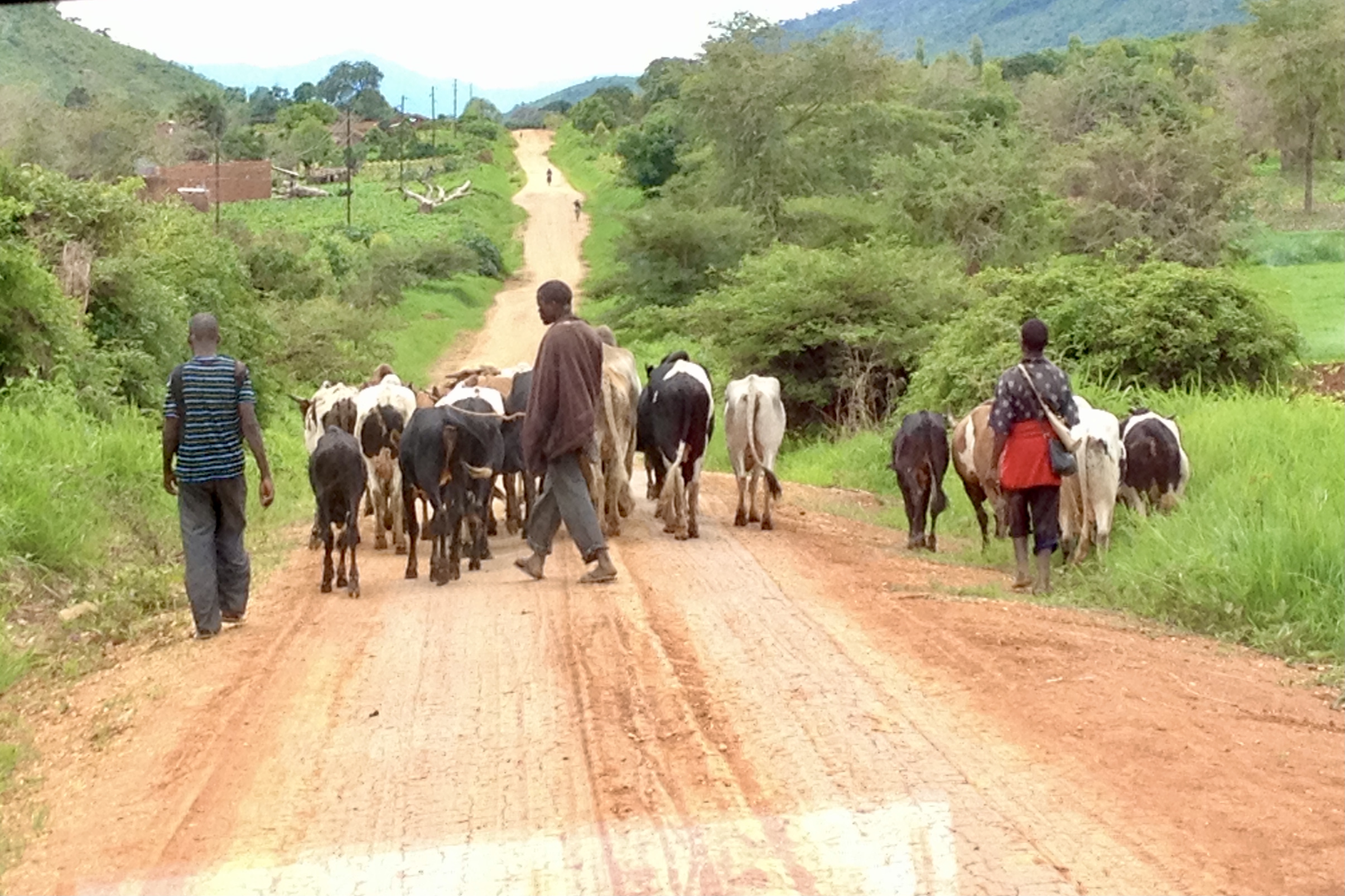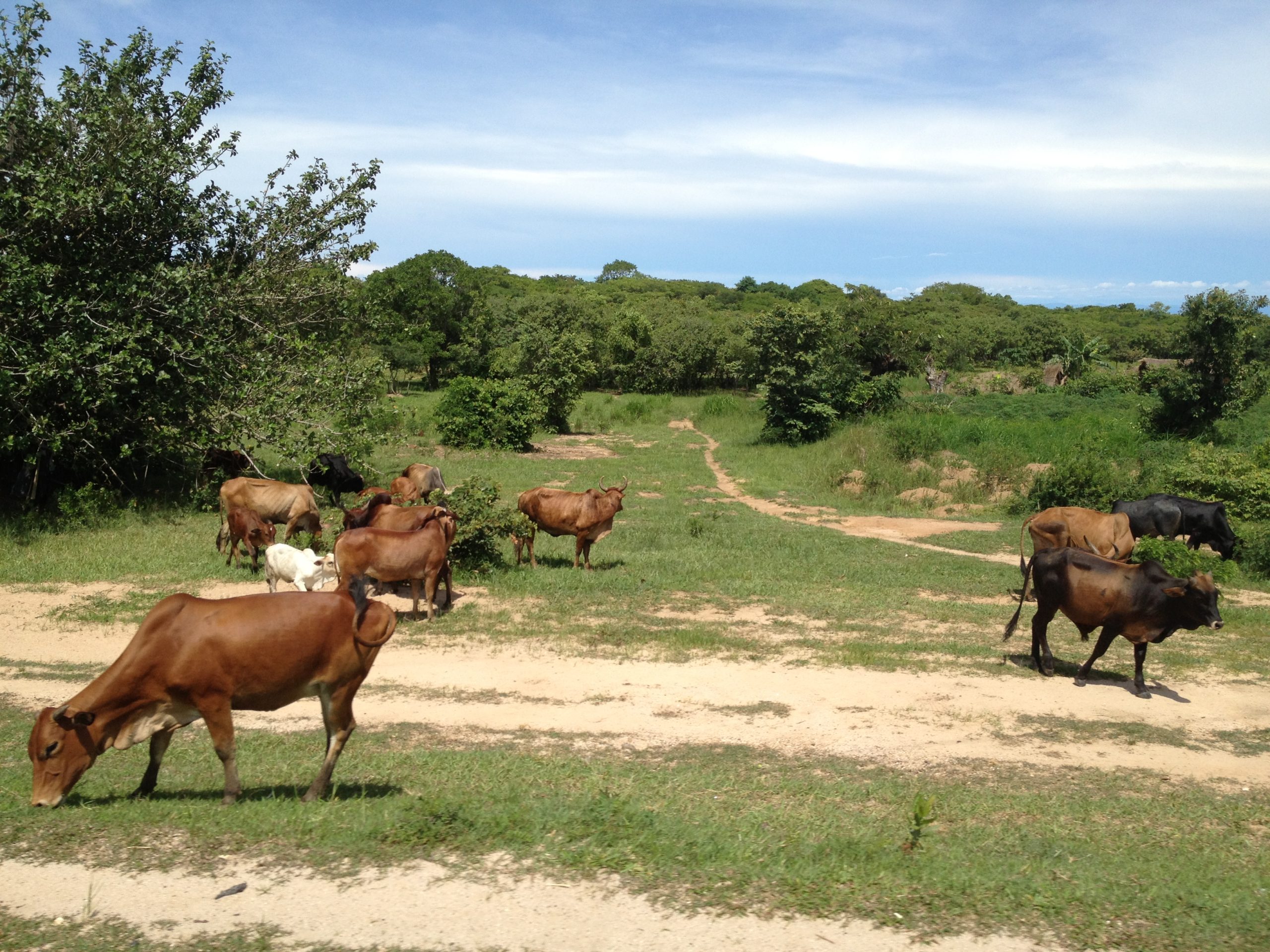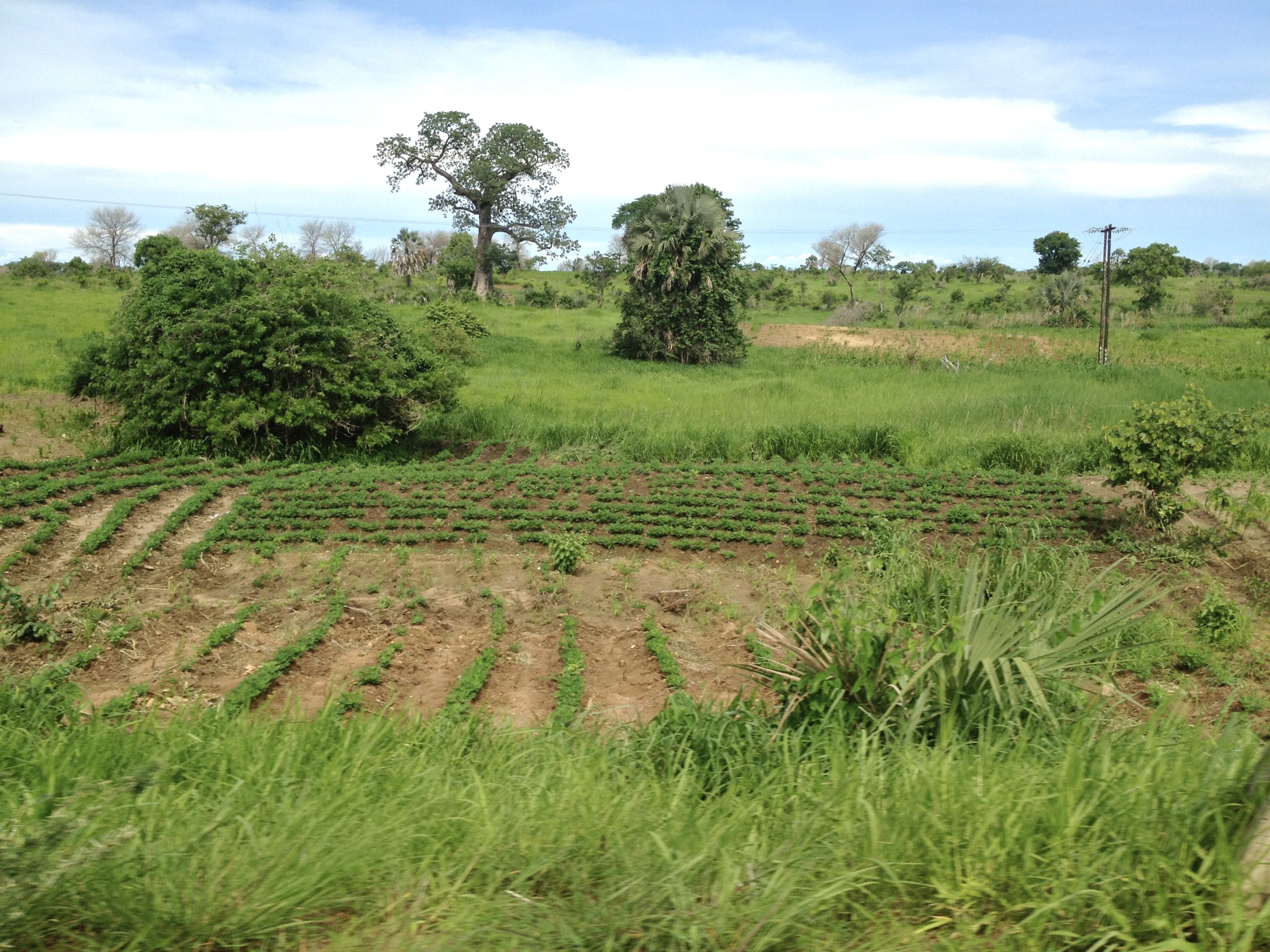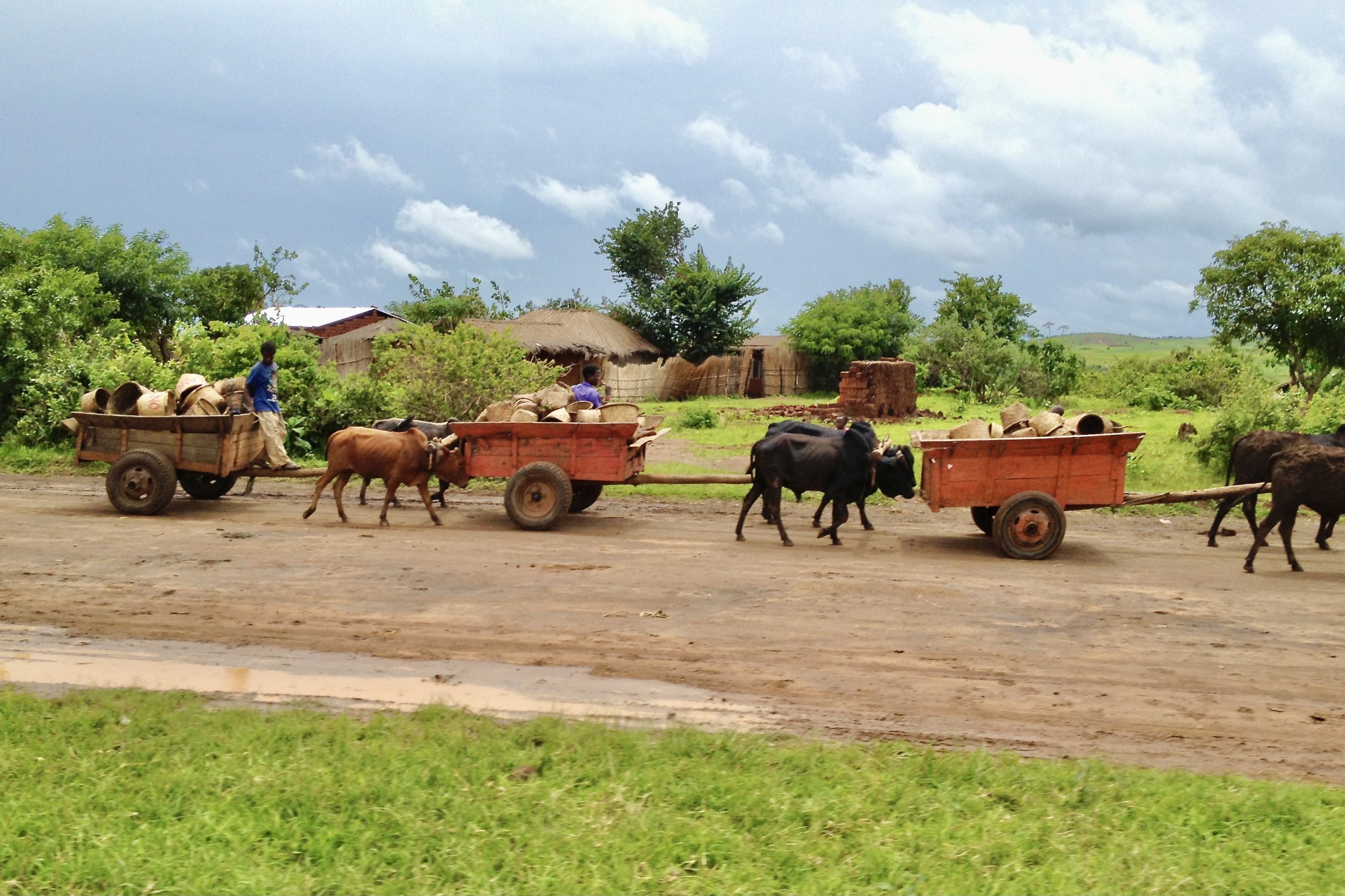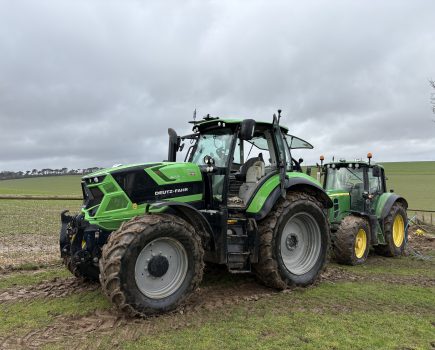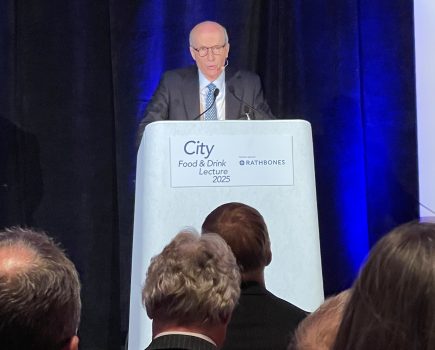Looking outside the patch sometimes helps one recalibrate and learn, even from the poorest of countries. Mike Kettlewell takes readers on a quick tour of Malawi to see our own agricultural history compressed over decades.
Malawi sits at the southern end of the great African rift valley and borders the second largest rift lake, 350 miles long and 47 miles wide at its widest. This country, the warm heart of Africa, was the place of my childhood and of my father’s career in tropical agriculture.
The land varies in altitude from 100m to 2,500m above sea level, creating a varied and beautiful terrain like parts of the UK. The soils, however, are mostly volcanic and acidic. Rains are seasonal, with seven months of drought from April to November causing widespread hunger.
Typical of the tropics, annual rainfall is heavy, varying between 30 and 100 inches, so there is considerable risk of serious erosion and seasonal flooding. The drumming of rain on tin roofs and the scent of rain on parched soils is powerfully evocative.
Like Britain, Malawi has had a colourful past, with migration of peoples from West Africa, around the time of the Roman conquest of Britain, pushing the hunter-gatherer San residents southwards. The African immigrants settled in clans or tribes, some of whom traded their brethren with Arabs as slaves.
Europeans were recent and transient administrators. The society was, and is, matrilineal, with extended families living in scattered hamlets within a wider tribal area. Unlike Britain, husbands are incomers, while women remain in the family group. Land was held in common and usage inherited through the female line, while the tribal head was male.
British colonial history in Malawi was short, limited European settlement and ended in 1964. Doctor Banda was the first president of modern Malawi and, like many of our own royal forebears, became despotic, plundered the state coffers and created a small wealthy elite which busily appropriated common lands, displacing smallholders and blurring tribal identity in a way reminiscent of our enclosures.
Farming was traditionally of the ‘slash and burn’ style involving an area of open woodland during the dry season. Wood was harvested for cooking, ash fertilised the soils, and crops were planted on small mounds at the onset of the rains. This was repeated on an extended rotation and the regenerated woodland provided wild fruits, edible plants and a variety of protein sources. Women still do much of the farming and gathering while men build, hunt, fish or work away from home.
The population has quadrupled in 70 years and this has broken the extended sustainable rotation, putting enormous pressure on thin soils. The colonial government encouraged contour cultivation with bunding to retain water and reduce erosion, while protecting steeper hillsides from cultivation.
Modern fertiliser and pesticides were encouraged to increase yields, but the expanded population has resulted in a loss of wild food sources, fuel and natural soil regeneration. Economic yields are now difficult to achieve.
Smallholders cultivating fewer than five hectares and increasingly unable to buy expensive inputs produce most of the food. As in the UK, regenerative methods are now essential and actively promoted to retain more water, stop erosion, restore soil structure, sequester carbon and increase nutrient retention.
This regenerative approach starts with a discouraging amount of hard graft to dig deep and break the hardpan layer. Vegetable waste is laid in the base before returning the soil to create partially raised beds, with channels between them to hold water, facilitating percolation. Tree planting for food and fuel is also encouraged, alongside the composting of human and animal waste. Crop residues are left after harvest to cover the soil and be incorporated.
We see in Malawi our own agricultural history compressed into decades, which sharpens the focus on our pressing problems and how they arose. They are also man made and exacerbated by a growing population.
Land is finite and needs the best care from us all. Malawi is a beautiful country with delightful people and spectacular wildlife, now concentrated in reserves. A visit sharpens domestic perspectives.

